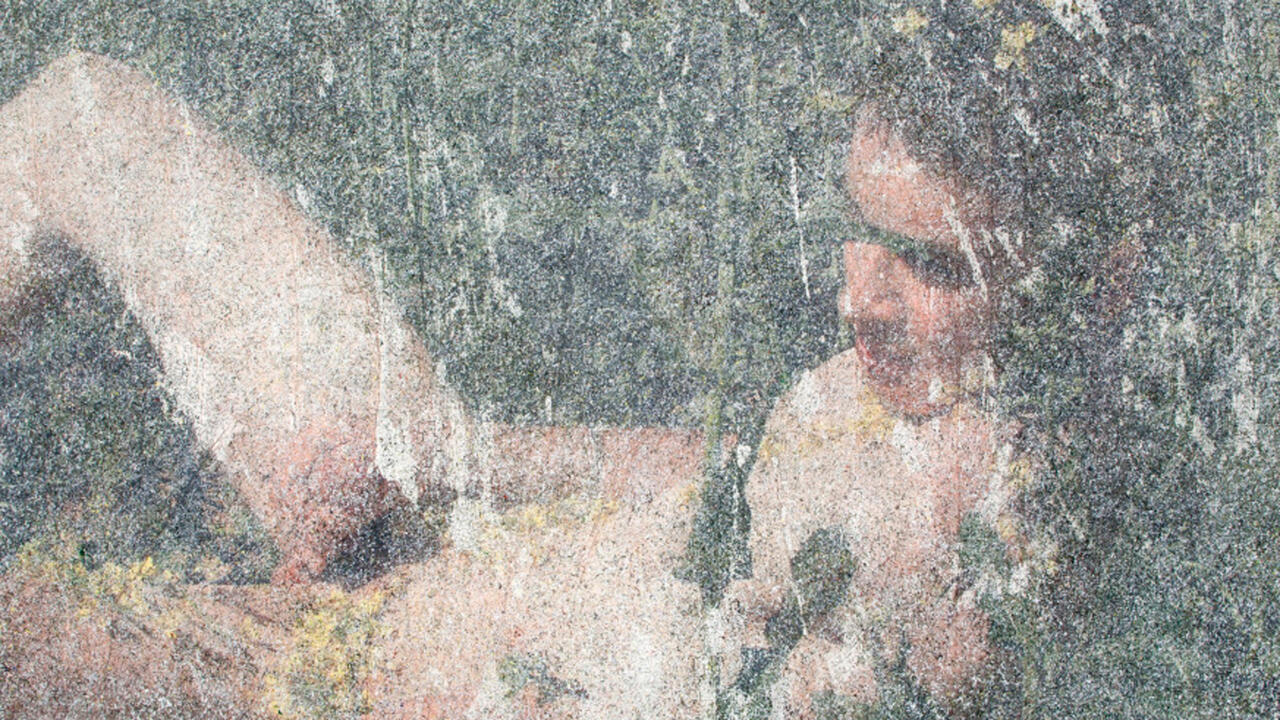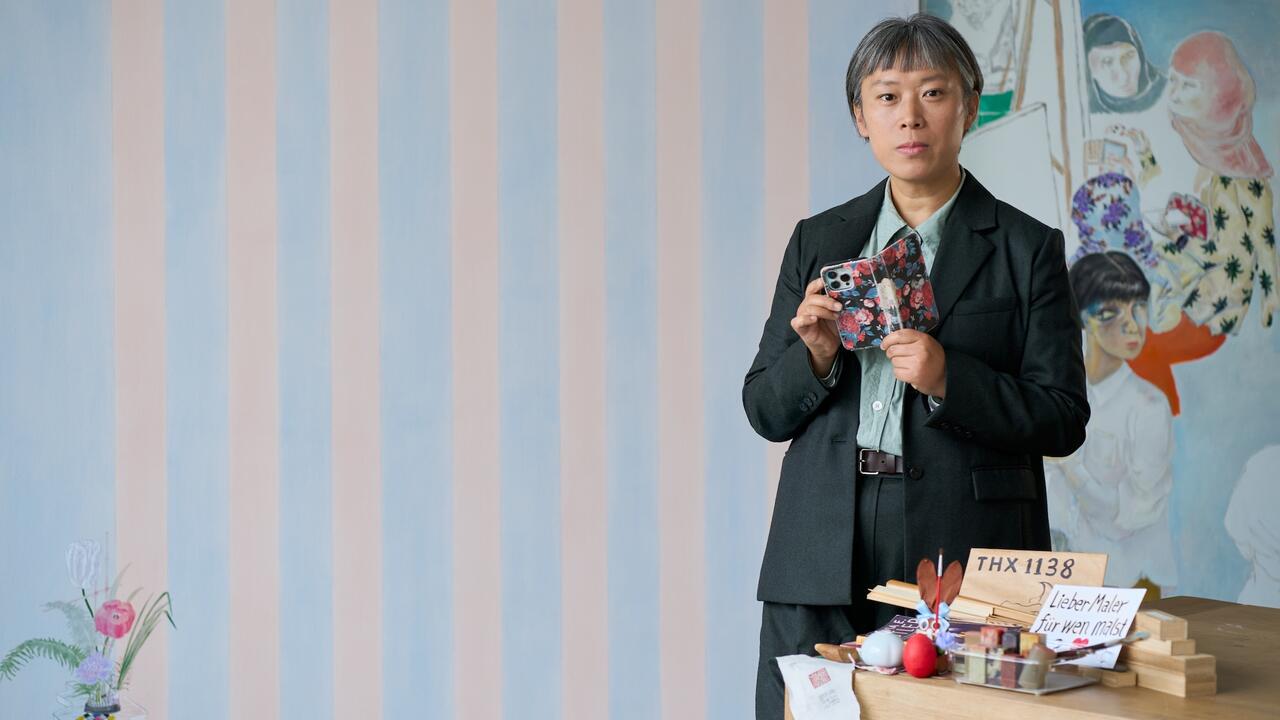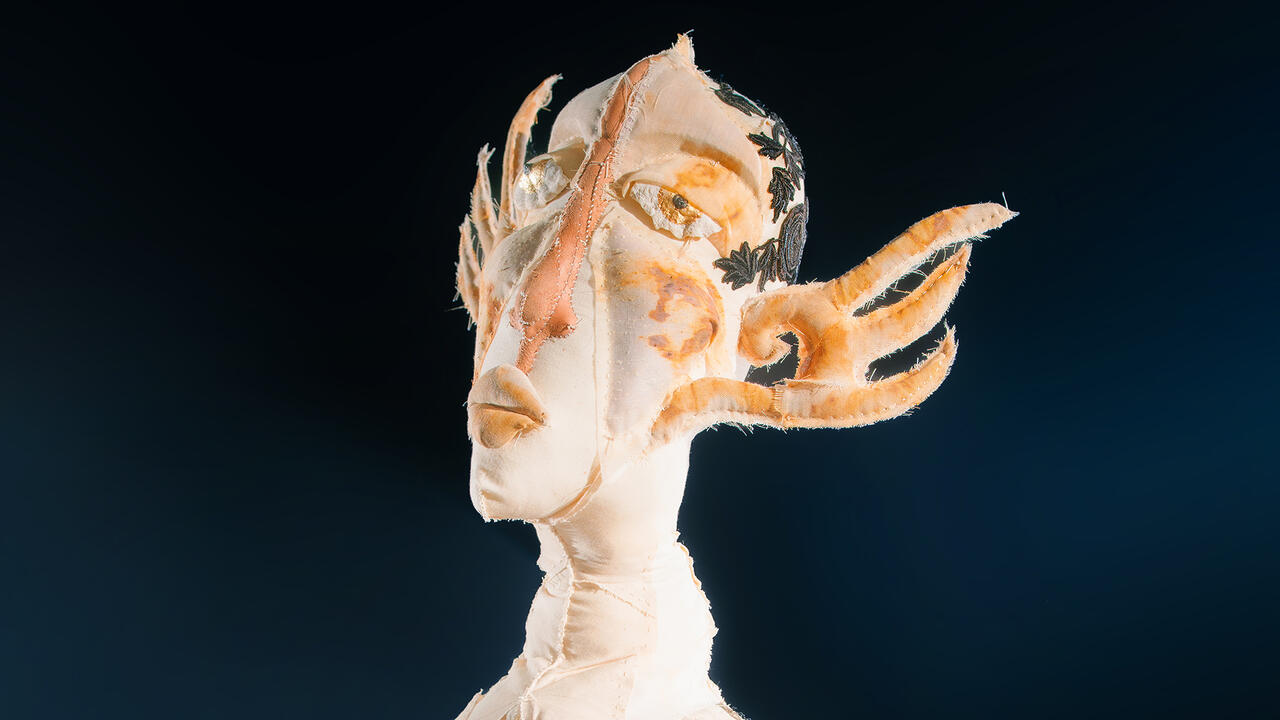Mark Hollis (1955-2019): from Synthpop Outrider to Post-Rock Pioneer
A musician with a rare ability to write both great pop songs and deeply experimental and melancholy music
A musician with a rare ability to write both great pop songs and deeply experimental and melancholy music

I first heard Talk Talk as a teenager, even though, by the mid-1990s, I’d missed by a decade the point when the group were marketed at schoolchildren. The video I saw on VH1, which played older songs as a counterpoint to MTV’s focus on the new, wasn’t their biggest hit, ‘It’s My Life’ (1984) – the first single from the band’s second album It’s My Life – which only broke the top ten on its re-release and was yet to have its second revival through No Doubt’s cover in 2003. Instead, it was ‘Such a Shame’ – the second single from It’s My Life which scraped into the UK top 50 but made the top ten in France, Italy, the Netherlands and West Germany.
The song opened with a sampled elephant’s trumpet and a drum beat made by a human rather than a machine, more prominent than its long, held keyboard tones. The video began with a man silently mouthing at the camera, half-smiling; it then cut to the guitarist and drummer before returning to the earlier man, glaring at us. As he started to sing, the keyboard tones swirled higher and piano chords jabbed into the mix after each line of his verse. Already a big fan of Depeche Mode, New Order and Talking Heads, I was able to contextualize both music and video as a mid-’80s alternative to Duran Duran and the New Romantics. In his long black coat and beanie hat, the singer didn’t dress like any of them; his expression kept shifting but looked too intense for a pop star, even – especially – when he laughed. At the chorus, the song’s repressed emotional core burst open, in both its irresistible bassline and the singer grinning, almost menacingly, as he lamented: ‘Number me in haste / It’s a shame / This eagerness to change …’
It was enough for me to buy It’s My Life, but, besides this and the title track, I wasn’t sold. The album’s second half lapsed into less successful versions of the only other song I’d heard – their early hit ‘Talk Talk’ (1982) – and I wrote them off as just another synthpop band who had managed a couple of catchy tunes. Soon, my friends got me into emerging post-rock groups whose long tracks emphasized texture and timbre over conventional song structure, especially Mogwai and Godspeed You! Black Emperor. Theirs were the albums I noticed in the late ’90s, rather than the only solo LP by Talk Talk’s singer, simply named after himself – Mark Hollis (1998).
In October 2000, Radiohead released Kid A. The music press lauded their bravery in making something so resolutely uncommercial, refusing choruses or obvious hooks (besides the one in ‘Idioteque’, sampled from Paul Lansky’s early computer music) for their long-awaited follow-up to OK Computer (1997). The only comparable shunning of mainstream popularity, some said, was Hollis’s decision to withdraw from the public eye and write two albums that served as a template for Kid A and the post-rock movement. In this, Hollis had taken the opposite, and far harder, path than contemporaries such as Scritti Politti or The Human League, who had moved from the underground, post-punk circuit to the heights of pop stardom.

The direction taken on Spirit of Eden (1988) and their last album Laughing Stock (1991) was not a complete surprise, given that Hollis – who was notably reticent even when It’s My Life was climbing the charts – referenced Miles Davis and Claude Debussy as influences in his few interviews. Their third LP, The Colour of Spring (1986) stands as one of the great transitional records between ‘mainstream’ and ‘alternative’, placing irresistibly catchy singles such as Life’s What You Make It alongside the sensuous, valedictory melody of Time It’s Time: it sold two million copies and prompted a world tour, peaking in a magnificent performance at the Montreux Jazz Festival, where they reconfigured their earlier hits for a musicianship expanded beyond their three core members, extending the songs to twice their original length. After this, EMI gave them an open budget for their next album. Hollis responded by retiring from playing live, saying he wanted to spend more time with his family. He returned with an album so unlike its predecessors that EMI asked him to rewrite it.
I could write thousands of words on Talk Talk’s final albums (many others have). However, this is a short piece, so I want to focus here on my favourite track (it doesn’t feel right to call it a ‘song’) of theirs – the third on Laughing Stock, released on Polydor’s jazz label Verve after they left EMI: ‘After the Flood’. I don’t know how many of the 17 people listed on the LP’s back cover played on it, but it’s a piece I reach for when I’m working late at night in a dimly-lit room, in a time and place when nothing else matters besides my efforts to shape my thoughts and feelings into something structured. Those thoughts and feelings are shaped, in turn, by the beauty of the track’s long, warbling organ tones and Hollis’s terse, wailing regrets, delivered from a place that feels far away from Lee Harris’s drums that somehow hold it together. Lyrically, it feels more abstract than, but somehow continuous with, ‘Such a Shame’. It even has a chorus of sorts: ‘Shake my head / Turn my face to the floor / Dead to respect / To respect to be born / Lest we forget who lay.’ Musically, I can hear the development from ‘Renée’, the melancholic, six-minute lament for lost love that sits between the two big singles on It’s My Life, but there, Hollis did not dare to drape a long, jarring, Glenn Branca-style atonal guitar solo across a two-and-a-half-minute instrumental bridge between verses. Doing so here, he completed his journey from synthpop outrider to post-rock pioneer – and then terminated the project, apparently saying that Laughing Stock came so close to how he had always imagined music that Talk Talk had nowhere left to go.
After his solo album appeared, seven years later, Hollis retired from public life. More so than ever, the tracks on Mark Hollis barely exist at all and, yet emotionally, they’re amongst the strongest and saddest I’ve ever heard. This is not the minimalism of, say, Welsh post-punk group Young Marble Giants, who conjured the harrowing, post-nuclear, 90-second genius of ‘Final Day’ from a single keyboard note, bass loop, click track and vocals, although one track here has a similarly apocalyptic theme. The title of ‘A Life (1895-1915)’ signifies its subject matter – the wasted youths of World War One, the dates alluding to poet Roland Leighton – as briefly as possible; Hollis’s 14-word lyrics flicker in and out of the percussion, flute and clarinet arrangement, before the track fades into mournful silence.
At a time when older groups were deciding that creative decline, supposedly intractable fallings-out or even the death of their lead singer was no impediment to reformation, almost always with disappointing results, Hollis’s decision to retract heightened his legend. Last year, Vice published an article on him, named after ‘How to Disappear Completely’ – the only Radiohead song on Kid A that one might imagine on Laughing Stock or Mark Hollis. The writer asked where Hollis was. I had some idea: a decade earlier, a friend said she knew him, through his son, and that the proceeds from Talk Talk’s career (both the synthpop and post-rock ends of it) meant he now lived a life of leisure. I didn’t ask where he lived and what he did – I had such an intimate relationship with his music by then that it didn’t feel appropriate – but through her, I put another friend, who was writing a book on Talk Talk, in touch with him. He declined an interview – politely but without wasting a word – and it was impossible to begrudge Hollis his decision. In an ideal world, all artists would know when they’d achieved their own idea of perfection and would have the self-awareness – and the means – to leave such perfection intact.
Main image: Mark Hollis, 1991. Courtesy: Getty Images; photograph: Kevin Cummins




















